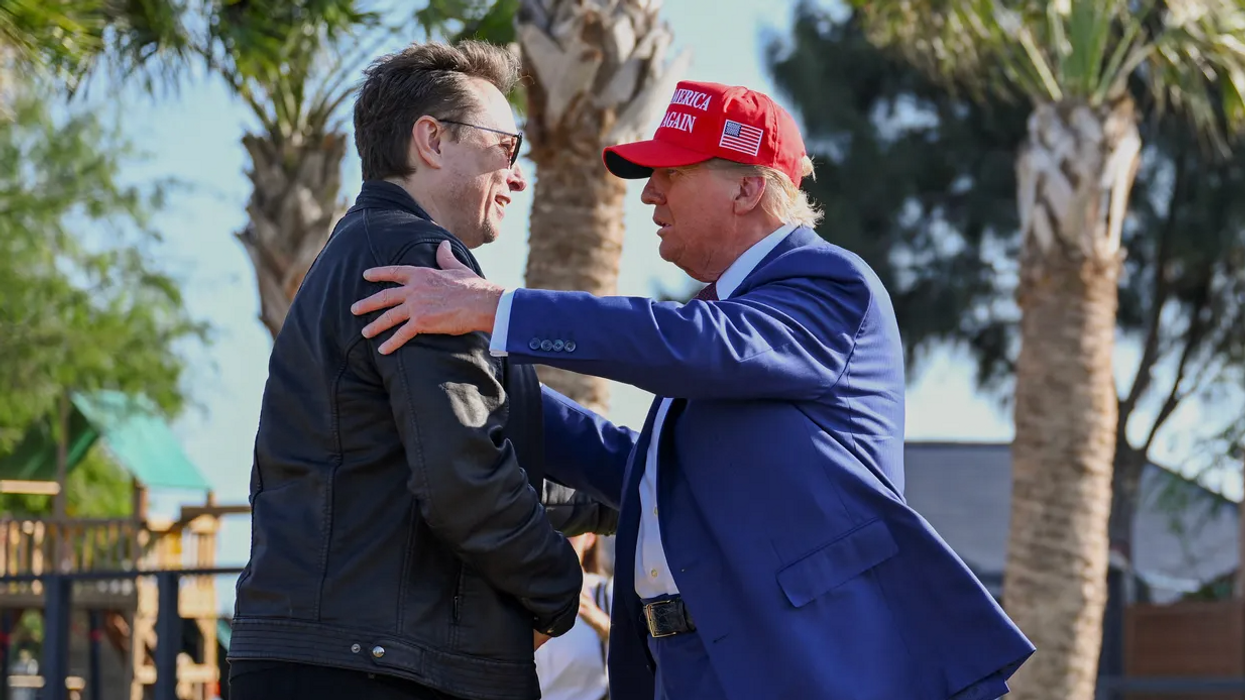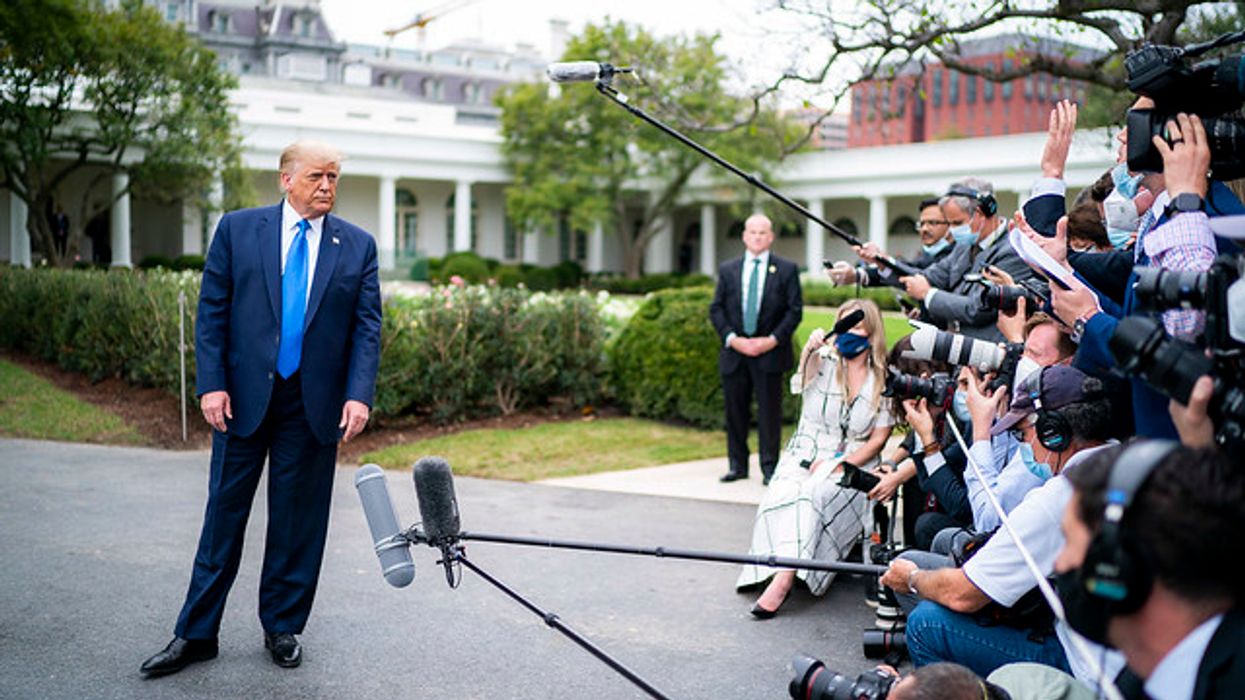How Trump Is Screwing Rural Seniors Who Elected Him
Donald Trump’s administration is a disaster that is hurting Americans. While Democrats got punished at the polls for trying to improve people’s lives, victorious Republicans are rewarding voters by actively coming up with new and creative ways to hurt them.
Like, who the hell decided that senior citizens have it too easy?
“In an effort to limit fraudulent claims, the Social Security Administration will impose tighter identity-proofing measures — which will require millions of recipients and applicants to visit agency field offices rather than interact with the agency over the phone,” the Associated Press reported. “Beginning March 31st, people will no longer be able to verify their identity to the SSA over the phone and those who cannot properly verify their identity over the agency’s ‘my Social Security’ online service, will be required to visit an agency field office in person to complete the verification process, agency leadership told reporters Tuesday.”
To add insult to injury, the Trump administration plans to slash the number of Social Security field offices.
Multibillionaire and Trump co-President Elon Musk, having promised trillions of dollars in government cuts through his so-called Department of Government Efficiency, has finally realized he can’t get there without gutting enormously popular entitlement programs like Medicaid and Social Security. After calling Social Security “the biggest Ponzi scheme of all time,” Musk has claimed the program meant to keep senior citizens out of poverty is beset by fraud.
“Most of the federal spending is entitlements. So that’s like the big one to eliminate. That’s the sort of half trillion, maybe $600, $700 billion a year,” Musk told Larry Kudlow on Fox Business.
In reality, a 2024 Inspector General report found $72 billion in “improper payments” over eight years (between 2015-2022), or just $9 billion per year. That represents less than one percent of overall payments distributed during that time frame. If Trump really cared about rooting out that abuse, perhaps he shouldn’t have fired all the inspectors general as soon as he took office, as that was literally their job.
While this new in-person requirement will impact all seniors and people with disabilities who receive Social Security payments, it will disproportionately affect those in rural areas. Urban recipients can Uber or take public transportation to their local office. Rural Americans don’t have that convenience.
Take Maine, for instance.
“The Presque Isle field office, the only Social Security office in Aroostook County, is one of the locations that could close, forcing some Mainers to drive hours if they have trouble getting their benefits,” reported local TV station WMTW. “Many offices are already understaffed.”
Aroostook County is at the northernmost tip of Maine and covers 6,800 square miles with just 67,000 residents. It makes sense that the region was covered by an office in Presque Isle, population 8,800, as it is the largest city in the area. Trump won the county with 62 percent of the vote—almost exactly matching Trump’s rural national performance of 64 percent. Unfortunately, we don’t have exit polls combining age and area type, but generally speaking, older rural white people (and this county is 94.5 percent white) are heavily Republican.
Way at the other end of our country from Maine, ginormous Alaska will be relegated to three Social Security field offices. Meanwhile, Musk’s DOGE has already canceled leases on 47 offices—16 of them in red states, just two in blue states, and almost all in rural counties. And that’s likely just the beginning. (For example, the Presque Island office isn’t on that list.)
As with Medicaid, Trump’s latest policies are particularly cruel toward his own supporters. They voted for him to hurt other people, or because of the mistaken belief that Trump could lower grocery prices—and karma is biting them in the ass.
It’s quite remarkable that rural Americans voted for a candidate that promised to slash government waste, given how much they benefit from heavily subsidized rural broadband, nationalized mail service, federally funded health care, and government field offices like these Social Security locations. Now they’re finding out that running the federal government like a business means that they are the “waste” everyone was talking about. It turns out they aren’t as self-sufficient as they thought they were—and that serving these rural denizens is certainly not efficient, as far as Trump and Musk are concerned.
There were 71.6 million Americans on Social Security in 2023, and 5.8 million new additions to its rolls that year. The new edict requires all new beneficiaries, as well as anyone changing their direct deposit information, to visit a field office in person if they cannot verify their identity via an online portal—something that tech-challenged seniors will disproportionately struggle to accomplish. How exactly will the agency, already understaffed before the DOGE massacre, verify all of them in person while simultaneously facing additional staffing cuts of up to 50 percent?
Long wait times, long drives, massive inconveniences … it’s all good, though. They voted to own the libs, and mission accomplished! I’m sure these consequences will be more than worth it.
Reprinted with permission from Daily Kos.












